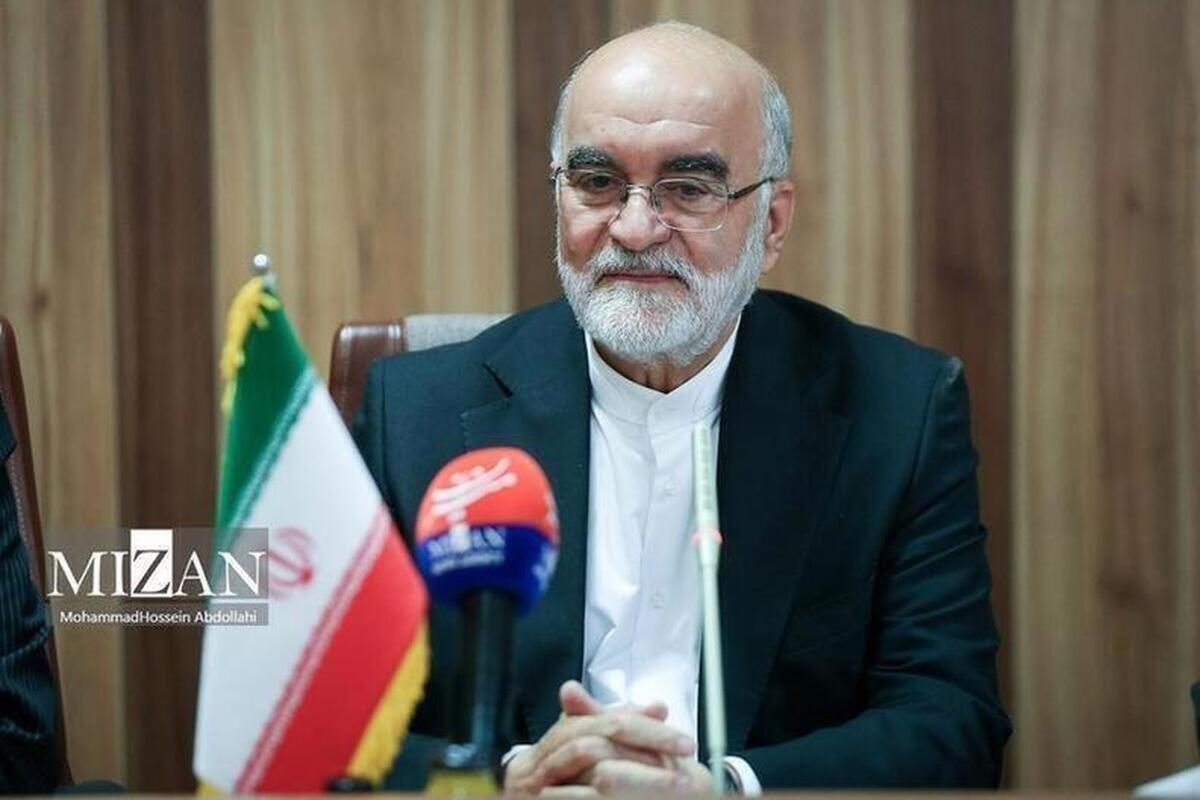Secretary of Iran’s High Council for Human Rights: U.S. attack on Fordow is a grave violation of the right to life and international humanitarian law

In the letter, Nasser Seraj, the council’s secretary, stated: “According to international humanitarian law, especially the four Geneva Conventions and their Additional Protocols, armed forces are obliged to distinguish between military and civilian targets. Targeting civilian nuclear facilities—particularly when there is no direct and immediate threat to the attacking state—violates this core principle of humanitarian law.”
Full text of the letter:
“It is with deep regret and profound concern that I condemn the U.S. military attack on Fordow nuclear facilities carried out on June 22, 2025. This action constitutes a flagrant and clear violation of the principles of international law, including Article 2(4) of the UN Charter prohibiting the use of force against the territorial integrity and political independence of other states. It lacks any legal legitimacy.”
“In addition, this military assault represents an unprecedented breach of international human rights and humanitarian law, with significant human and environmental consequences. Among the key violations are:
1. Violation of the right to life and personal security: Bombing civilian nuclear facilities threatens the lives of staff and nearby residents, violating Article 6 of the ICCPR and Article 3 of the Universal Declaration of Human Rights.
2. Violation of the principle of distinction: Armed forces must distinguish between civilian and military targets. Targeting civilian nuclear infrastructure without direct threat contravenes humanitarian law.
3. Violation of the principle of proportionality and long-term harm prevention: Attacking nuclear sites may cause long-lasting environmental damage and affect public health and future generations, in violation of Common Article 3 of the Geneva Conventions and Article 8 of Additional Protocol I.
4. Violation of the prohibition on weapons causing disproportionate civilian harm: Under Articles 35 and 51 of Additional Protocol I, attacks with potential radioactive contamination pose severe risks and violate the prohibition on indiscriminate means of warfare.
5. Violation of the right to health and medical access: The strike has disrupted public health infrastructure and endangered access to essential services, violating Article 12 of the ICESCR.
The letter denounces the UN Human Rights Office’s silence on both the U.S. strike and ongoing Israeli aggression, stating this undermines the UN's legitimacy and threatens global peace and accountability mechanisms.
Requested actions from the UN High Commissioner
- Explicitly condemn the U.S. attack on Iranian soil.
- Establish an independent, impartial investigative committee to assess the legal and humanitarian dimensions of the strike.
- Hold perpetrators accountable and refer them to competent international legal bodies.
- Use all international mechanisms and diplomatic efforts to halt the cycle of war, killing, and terror.
- Enforce preventive measures to avoid future violations.
- Ensure victim support and reparations for the inflicted damages.
The letter concluded: “Failure to respond to such crimes weakens the foundations of human rights and humanitarian law, and gravely damages the global community’s core values and aspirations. We hope the Office of the UN High Commissioner for Human Rights will fulfill its critical responsibility in defending human dignity and preserving peace, security, and fundamental rights. With utmost respect and hope for your success in advancing this vital mission.”